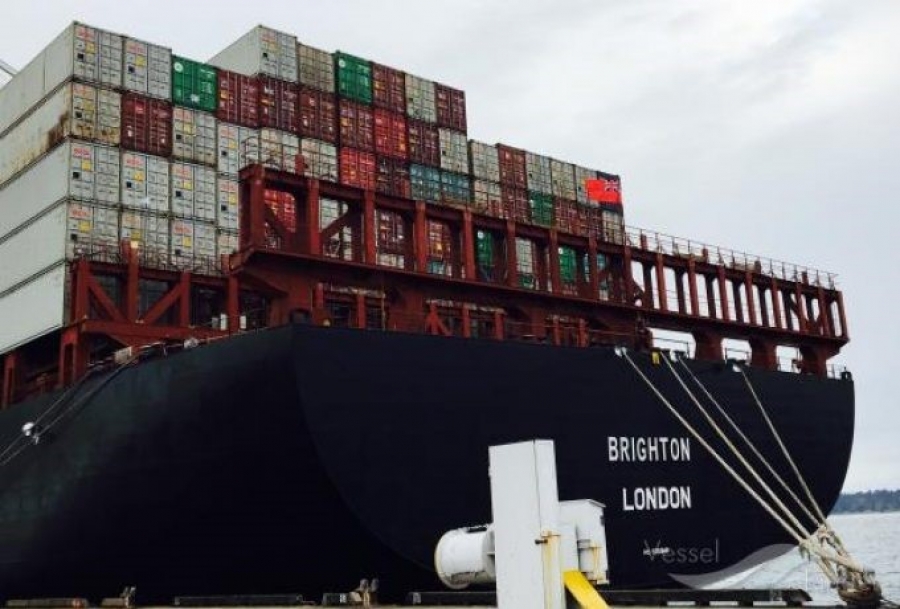More optimistic demand forecasts and the prospect of a better peak season this year are driving a containership charter market rally, with aggressive carriers still snapping-up tonnage as it becomes open.
According to a recent survey of supply chain professionals by logistics platform Container xChange, 48% of respondents believe this year’s peak season will be better than last year’s.
Container xChange co-founder and CEO Christian Roeloffs said industry sentiment was “gradually turning positive” and added: “We anticipate a subdued rebound in demand as retailers begin to deplete their excess stock in the coming months, leading up to the peak season.”
And carriers are hearing positive news from their major shippers that purchase orders, to replenish old stock and buy in new season lines, are starting to trickle through.
“I think we are over the worst,” a UK-based carrier contact told The Loadstar this week.
Awash with cash and eager to capture market share, the container lines have gone back to the charter market to boost their capacity and Alphaliner said this week activity in the market “remained high”, with “demand strong across the board”.
Indeed, daily hire rates are on the increase in all containership sizes, with owners demanding a minimum 12-month charter period as well as positioning compensation.
For example, Japanese ocean carrier ONE has just agreed a two-year charter for the 2008-built 6,350 teu Brighton at a rate of $32,500 a day, from 17 May. This is only slightly below the $35,000 previous charterer Wan Hai was paying for a two-year fixture during the demand boom.
The market seems to be dominated by enquiries from MSC and CMA CGM, which are continuing where they left off when the downturn hit, hoovering-up any open tonnage on the charter market, and prepared to wave their chequebooks at owners that might be interested in selling ships.
Alphaliner noted that MSC had “snapped-up another six vessels in the past days”, including two 1999-built 5,300 teu ships from rival carrier Evergreen that were expected to be sold for demolition.
The recent acquisitions takes MSC’s colossal buying spree of second-hand container tonnage to more than 300 ships since August 2020, resulting in an operating fleet capacity of 4.8m teu, close to 1m teu more than its 2M partner, Maersk.
Moreover, the Geneva-based carrier has a huge orderbook of 1.7m teu, compared with the 370,000 teu ordered by Maersk.
CMA CGM is the second-most active carrier in the S&P market, having bought 100 second-hand ships since 2020, taking its operating fleet capacity to 3.4m teu, which, with its orderbook of nearly 1m teu, will see the French carrier threaten Maersk’s second place in the global carrier rankings.




















